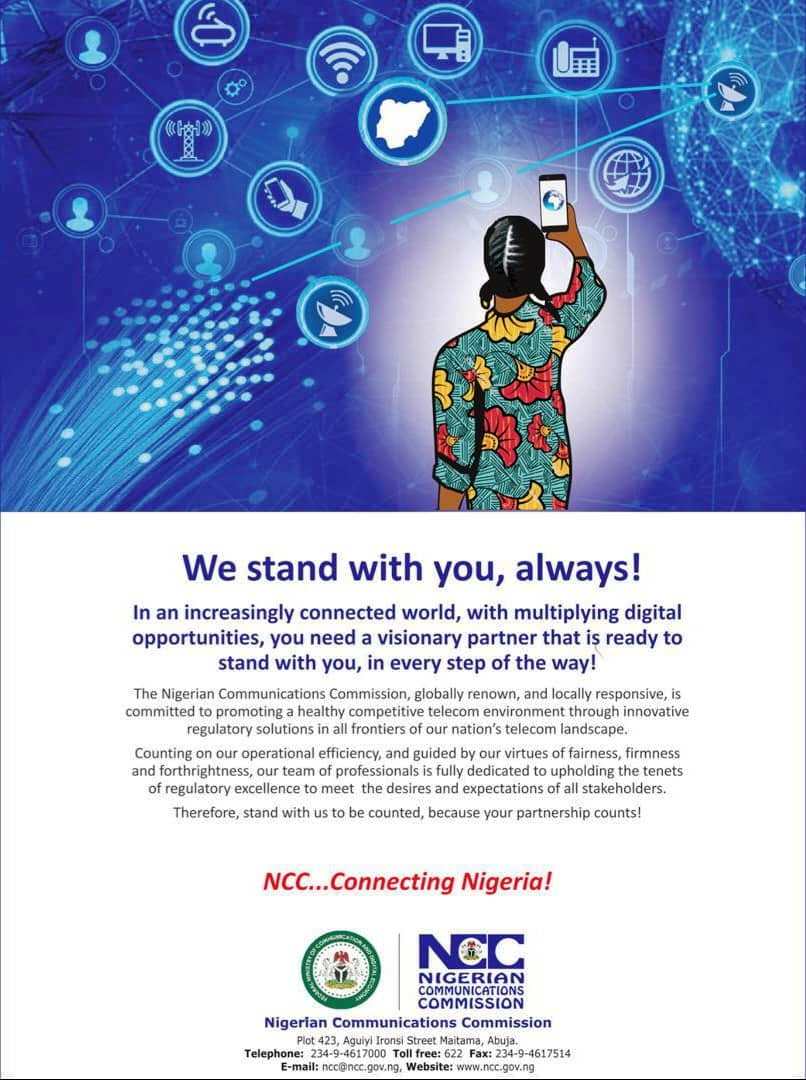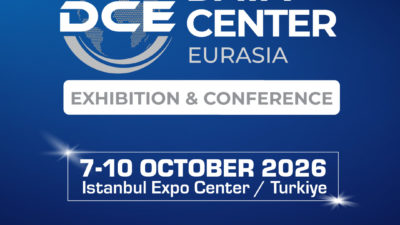Small businesses form the foundation of most economies, making up 90% of businesses and two-thirds of jobs worldwide, serving as key sources of jobs, income and economic growth, including in developing countries.
RELATED: Nigeria launches market access tool and intra-African cargo corridor to empower MSMEs under AfCFTA
Yet the specific needs, pain points, and innovations of small businesses are not systematically reflected in national trade policies, limiting their potential to participate fully in global trade. Challenges, for example, include lack of access to affordable finance, ability to use digital tools for business, and challenges related to making the green transition.
What constitutes an MSME?
On this UN Micro-, Small and Medium-sized Enterprises (MSME) Day, the International Trade Centre (ITC) explores what constitutes an MSME, why they matter and how the MSME agenda is about to take on political importance at the global level.
From defining to prioritizing small businesses
The term MSME is a relatively new concept in the trade policy space, seen when tracing the evolution of the term, from “small exporter” to “small business” to “SME” to the more inclusive concept of “MSMEs”. Learn why this shift in terminology occurred, what it reflects about today’s global trade landscape, and why it matters for small business owners around the world, in the latest ITC explains video.
Watch this explainer video on what a small business is and why defining it matters for entrepreneurs.
Small businesses are navigating changes in global trade, from tariff-related policy shifts to emerging sustainability requirements. To recognize some of the innovative solutions developed by small businesses to transition to the circular economy, ITC partnered with the World Trade Organization’s Informal Working Group of Micro, Small and Medium-Sized Enterprises, the International Chamber of Commerce (ICC) and this year, UN Trade and Development (UNCTAD), to host the Small Business Champions Award Ceremony, an event launched in 2021.
The 2025 award winners, which each receive $4,000 in prize money as well as tailored training and mentoring opportunities, are SilaiWali from India, a social enterprise that upcycles waste fabric generated by clothing manufacturers to create handcrafted products by refugees, and NetZero Pallets from Viet Nam, an eco-friendly producer of pallets made from upcycled agricultural waste.
Driving change in a non-disruptive way
Read more about the winners here.
A focus on equipping small businesses to act, at a time of major shifts in global trade, is key to driving change in a non-disruptive way, as change comes from the ground up, with women and youth playing a significant role.
To bring this perspective into policymaking, more than 50 ministers will convene in Johannesburg on 22-24 July for the first-ever Global Small and Medium-sized Enterprises (SME) Ministerial Meeting, taking on the theme of “Navigating New Business Frontiers”. Ministers will emerge aligning on actions that prioritize small business-led development. The Ministerial will be co-hosted by the South African Department of Small Business Development and ITC.
Discussions will result in recommendations that will feed into upcoming high-level global economic forums, including the G20 Leaders’ Summit in November 2025 and the World Trade Organization’s Ministerial Conference in March 2026.
Ministers, business leaders and members of the media, register for the Global SME Ministerial Meeting here.

































